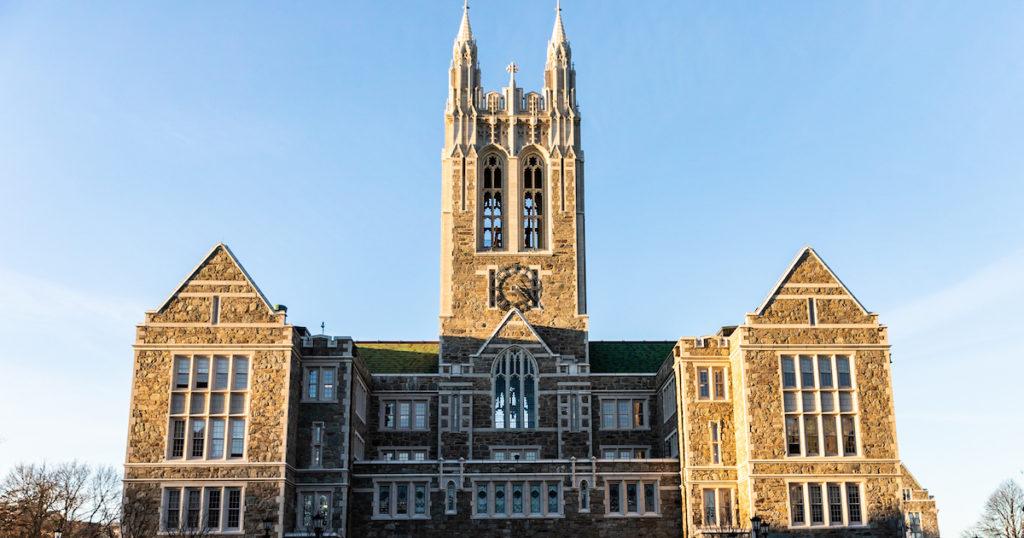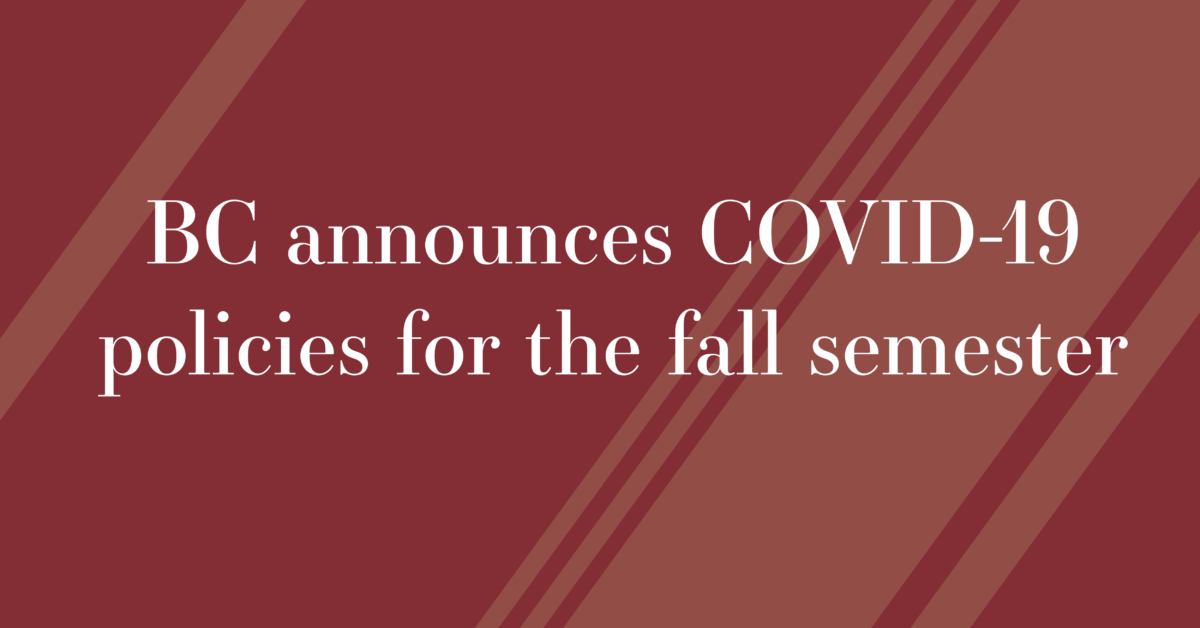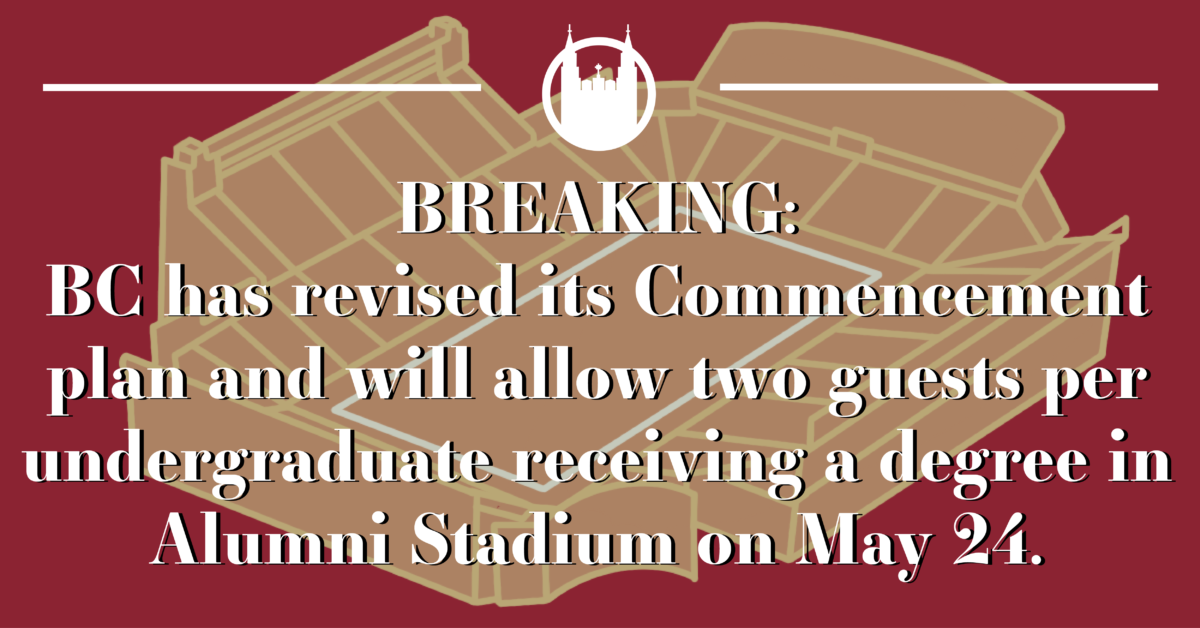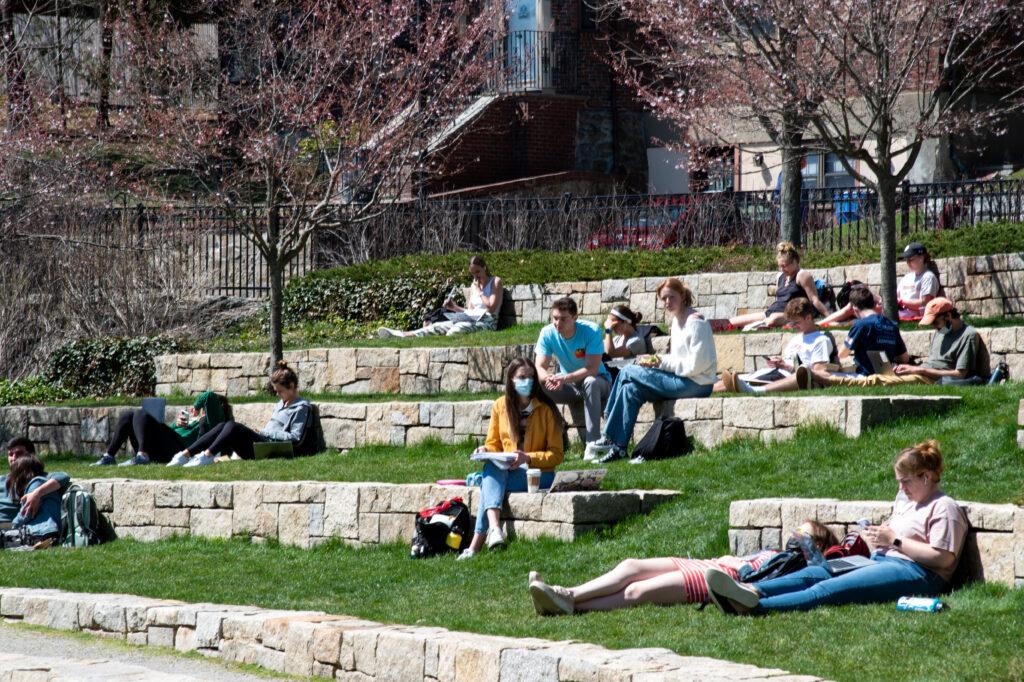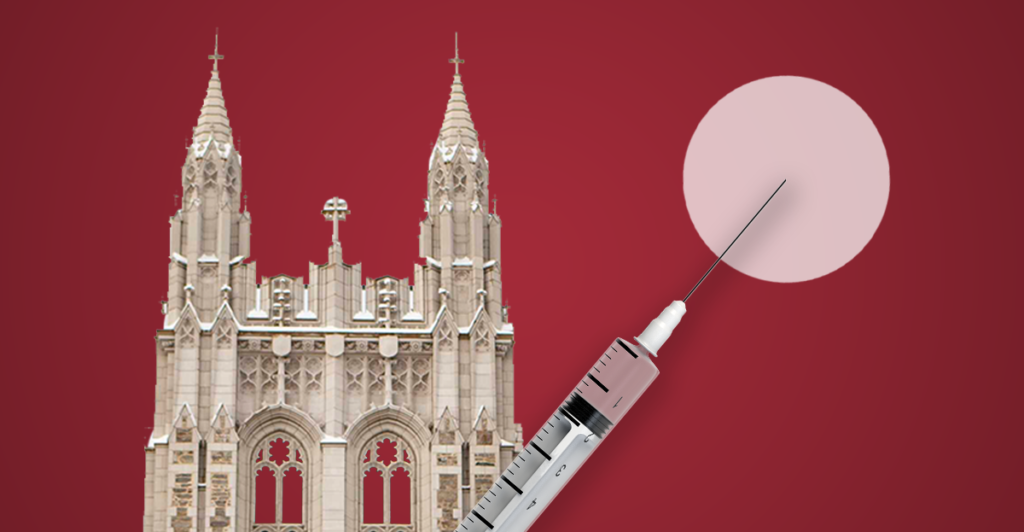With the start of the semester just weeks away, several colleges and universities in Massachusetts have recently reversed course and will no longer allow most undergraduates back on campus, citing demonstrated concern from students and faculty as well as responsibilities to neighboring communities. Decisions also referenced local and national surges in COVID-19 cases, and changes within the Commonwealth, including the mandatory quarantine order and Governor Charlie Baker’s decision to pause reopening.
UMass Lowell, UMass Amherst, Smith College, and Mount Holyoke have reverted to fully online or mostly online course modalities, with only a limited number of students allowed to return to campus. They had initially invited students back to campus for the semester.
The College of Holy Cross, which initially planned to allow most students back for a mix of in-person and online courses, announced Monday that it would shift to fully remote classes and not allow students back to campus, with a few exceptions. The decision cited delays in test results, particularly during the first weeks of the semester, as a reason for the switch.
Holy Cross, like BC, planned to partner with the Broad Institute for COVID-19 testing on campus. The institute’s Twitter account said on Monday that it does not foresee a lag in test results for the fall.
Hi Dan, we are not expecting fall delays. We have processed more than 500,000 tests to date with an average turnaround time of less than 24 hours.
— Broad Institute (@broadinstitute) August 10, 2020
Tufts University, which is also using The Broad Institute and plans to test all students returning to campus, is currently moving forward with its plans to welcome students on campus, despite receiving pushback from Medford and Somerville residents and local government officials.
Boston University and Northeastern University are moving forward with their plans to welcome back all undergraduates and offer courses in a hybrid model to accommodate both in-person and remote learning. Harvard and MIT are holding courses fully online. Harvard is allowing 40 percent of its students to return to campus, including freshmen, while MIT is allowing only some students, particularly seniors, back on campus.
“Boston College has devoted much time and energy to developing its plan for responding to COVID-19, and we believe this plan will be effective in helping to keep the campus and neighbors as safe as possible,” Tuesday’s letter reads.
The letter restated previously announced efforts the University has undertaken in recent months to safely reopen campus, including the restructuring of courses and classrooms, alterations to campus facilities, and investments into testing and monitoring the virus.
“From extensive cleaning and sanitization efforts to mandatory testing, daily symptom monitoring, and contact tracing, we have created a plan that we believe will enable us to open and operate in a safe and effective manner,” the letter said.
BC will also conduct weekly randomized surveillance testing of individuals who are asymptomatic and those in high-contact positions, according to the letter.
The Broad Institute will conduct mandatory testing of those returning to campus with anterior nares RT-PCR swab tests, which are typically more accurate than antigen tests. Testing will span from Aug. 17 through Aug. 30, with the first week focused on faculty and staff, undergraduates arriving early or working on campus, and some graduate and professional students, the letter said. The remainder of students will be tested beginning Aug. 24.
Conte Forum will house the main testing site, but during high-volume move-in periods, students will be tested in satellite testing centers on Upper Campus and Newton Campus. The letter directed students, faculty, and staff to use the Beacon Street entrance of Conte Forum, where they will wait in one of eight lines to register and receive a test label before moving to one of 20 test stations on the Conte floor. They will receive a wristband after being tested.
Undergraduates will not be allowed to move in until they are tested, the letter repeated, and they must quarantine in their rooms until they receive their test results, unless they test negative within 72 hours prior to arrival in the Commonwealth. While awaiting test results, students must follow strict protocols for “very limited movement” and wearing face coverings.
The letter said that those who have tested positive within the past 90 days by a valid PCR test may be exempt from getting tested on campus if they submit appropriate documentation. Any other tests, including antibody and antigen tests, will not exempt community members from being tested upon arrival to campus.
Faculty and staff who have received accommodations, will be working remotely and not returning to campus at any point during the semester, are on long-term disability or extended leave, or have other circumstances may also be exempt from the on-campus test if they provide proper documentation.
The Broad Institute will notify community members of their negative test results, and will advise the Massachusetts Board of Health and director of UHS Douglas Comeau of any positive test results. Either the director of UHS, who will serve as the primary physician overseeing testing, or a designee will then notify the individuals of positive or indeterminate test results. Indeterminate test results do not indicate that the individual has contracted the virus, but students who receive them will have to be retested.
Any student living on campus who has tested positive during asymptomatic testing will be immediately relocated to isolation housing for a minimum of 10 days, and they must be free of symptoms for 24 hours before they will be permitted to leave isolation housing. UHS will care for all undergraduates in quarantine and isolation, and BC Dining will deliver food to them.
BC will collaborate with state and local departments of health to perform extensive contact tracing of those individuals who test positive for COVID-19, the letter said. Any residential student who has been within six feet of someone with a positive case without a face covering for a period longer than 15 minutes during the previous 48 hours will be quarantined in University housing for 14 days, in accordance with state and federal guidelines.
The letter said that students living off campus should quarantine and isolate in their off-campus residences and continue attending classes remotely. UHS will also monitor off-campus students, according to the letter.
Students who live within driving distance of the University and who must quarantine or isolate are encouraged to return home to do so, especially in the first two weeks of testing, the letter said.
The University will email instructions later this week for the CoVerified app, which BC community members will use for self-assessing their daily health, scheduling testing appointments, and viewing test results.
The letter instructed all students, faculty, and staff to download the app before arriving on campus and should use it each day for self-monitor COVID-19 symptoms. Each time an individual reports no symptoms during a daily self-health check, they will receive a green “ok” notification on their device. If an individual reports any symptom, the app will instruct them not to come to campus, and it will direct students to contact UHS for the next steps.
The University has divided UHS into COVID-19 and non-COVID-19 clinic spaces. UHS will give students who exhibit COVID-19 symptoms appointments in the corresponding space, and a health care professional will evaluate them. If deemed necessary, a health care professional will administer a swab test which will be processed in either a UHS lab or a BC lab in Higgins Hall. Results will be made available in three to four hours, and students must remain in a plexiglass-partitioned room in the meantime. If the student tests positive, they will immediately go to isolation, and if they test negative, they will be “further evaluated,” according to the letter.
The letter also attached the Eagles Care Pledge, which the University released on July 23, and encouraged all members of the BC community to sign and uphold it.
“Boston College has devoted much time and energy to developing its plan for responding to COVID-19, and we believe this plan will be effective in helping to keep the campus and neighbors as safe as possible,” the letter reads.

